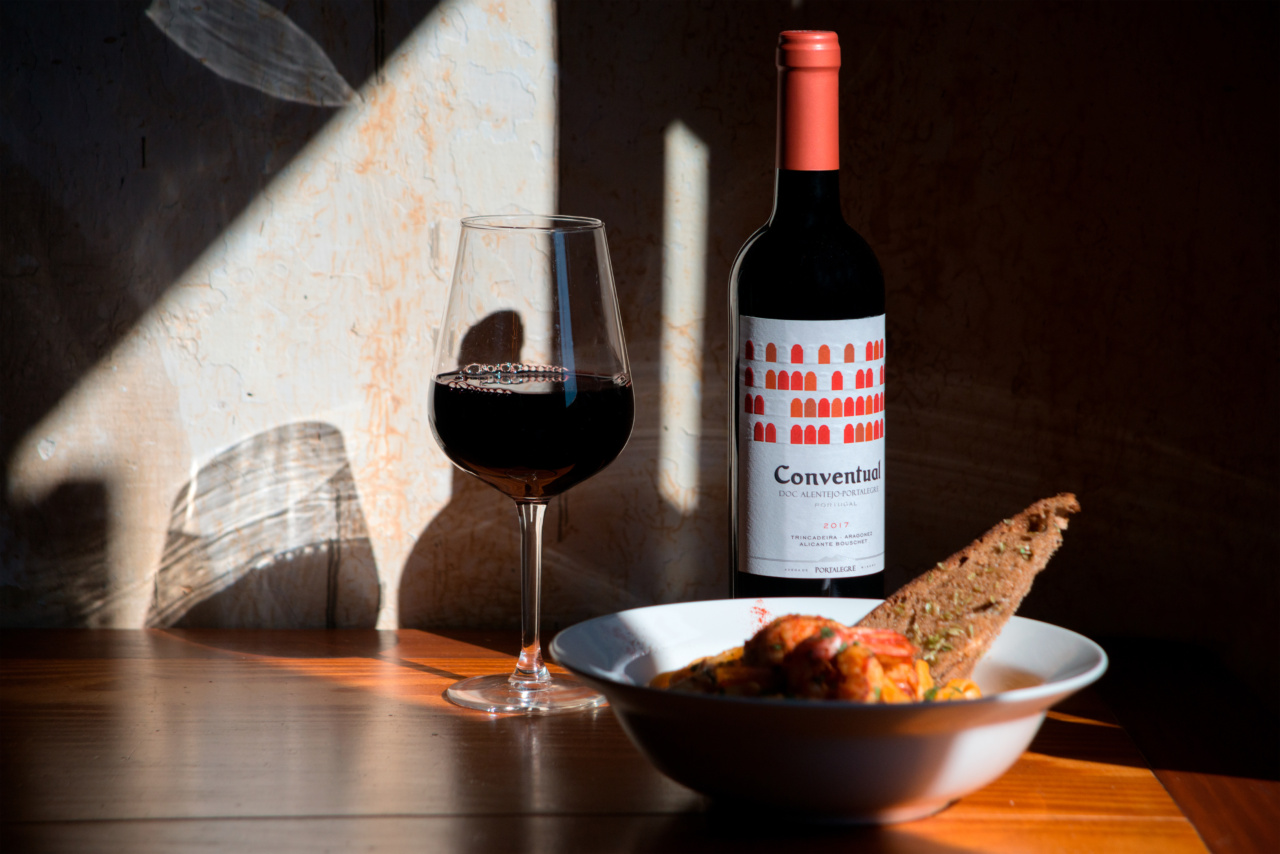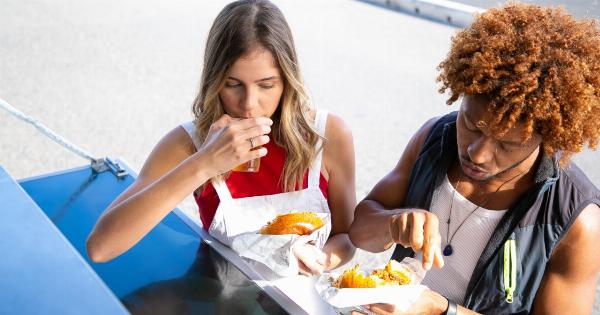Alcohol consumption often goes hand in hand with overeating.
Whether it’s those late-night fast-food runs, the countless snacks at parties, or even indulging in a whole plate of pasta after a few drinks, many people find themselves consuming more food than usual when they’re under the influence. This behavior has puzzled both scientists and individuals alike. Why do we tend to eat more when we drink alcohol? In this article, we delve into the various factors that contribute to increased food consumption while consuming alcohol.
The Role of Physiological Factors
1. Alcohol-Induced Hunger:.
One major factor that can cause us to eat more when drinking alcohol is the effect it has on our hunger levels. Alcohol stimulates the hypothalamus in our brain, which controls appetite.
This stimulation can lead to a significant increase in feelings of hunger, even if our body doesn’t necessarily need additional calories.
2. Alcohol Metabolism:.
When we consume alcohol, our body prioritizes its metabolism over other processes, including the metabolism of nutrients from food.
This metabolic prioritization can lead to a delay in the digestion and absorption of nutrients, promoting the accumulation of calories and causing a feeling of prolonged hunger.
3. Appetite-Regulating Hormones:.
Alcohol consumption can disrupt the balance of appetite-regulating hormones in our bodies.
It can cause an increase in the levels of ghrelin, which is known as the “hunger hormone,” while simultaneously decreasing the levels of leptin, the hormone responsible for signaling fullness. These hormonal imbalances can intensify feelings of hunger and contribute to overeating.
The Influence of Psychological Factors
1. Loss of Inhibition:.
Alcohol has been shown to impair our decision-making abilities and lower inhibitions, making it easier to give in to cravings and indulge in excessive food consumption.
We may be more likely to ignore our dietary restrictions, making unhealthy food choices while under the influence.
2. Increased Reward Sensitivity:.
Drinking alcohol triggers the release of dopamine, a neurotransmitter associated with pleasure and reward. This surge in dopamine can make food appear more appealing, leading to an increased desire to eat.
The combination of alcohol-induced pleasure and food consumption creates a reinforcing cycle, making it difficult to resist overeating.
3. Social Cues:.
Many social gatherings and events involving alcohol are also accompanied by an abundance of food. The presence of others eating can act as a social cue, encouraging us to join in and consume more food than we initially planned.
Peer pressure and the desire to not feel left out may contribute to overeating when drinking alcohol.
Strategies to Combat Overeating While Drinking Alcohol
1. Mindful Eating:.
Practicing mindful eating involves paying attention to the sensations of hunger and fullness. By focusing on your body’s cues, you can slow down, savor each bite, and better gauge when you are truly satisfied.
2. Plan Ahead:.
Before attending an event where alcohol will be consumed, plan out your meals and snacks for the day. Eating regular, well-balanced meals before drinking can help reduce alcohol-induced hunger and mitigate the chances of overeating.
3. Choose Healthy Snacks:.
If you do feel the need to snack while drinking, opt for healthier options such as vegetables, fruits, or nuts. These choices provide important nutrients and can help curb excessive calorie intake.
4. Stay Hydrated:.
Alcohol is a diuretic, which can lead to dehydration. Drinking water or non-alcoholic beverages in between alcoholic drinks can help you stay hydrated and reduce the chances of mistaking thirst for hunger.
5. Set Limits:.
Establishing limits for both alcohol consumption and food intake can help you maintain control. Set reasonable boundaries and stick to them, ensuring you don’t go overboard in terms of both drinking and eating.
Conclusion
Overeating while drinking alcohol is a common phenomenon influenced by both physiological and psychological factors.
Alcohol-induced hunger, disruption of appetite-regulating hormones, loss of inhibition, increased reward sensitivity, and social cues all contribute to excessive food consumption during alcohol consumption. By understanding these triggers, we can employ strategies such as mindful eating, planning ahead, choosing healthy snacks, staying hydrated, and setting limits to combat overeating and maintain a healthier balance between alcohol and food intake.




























